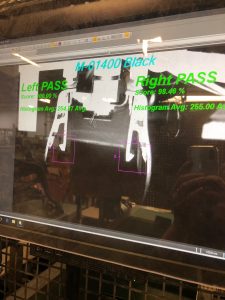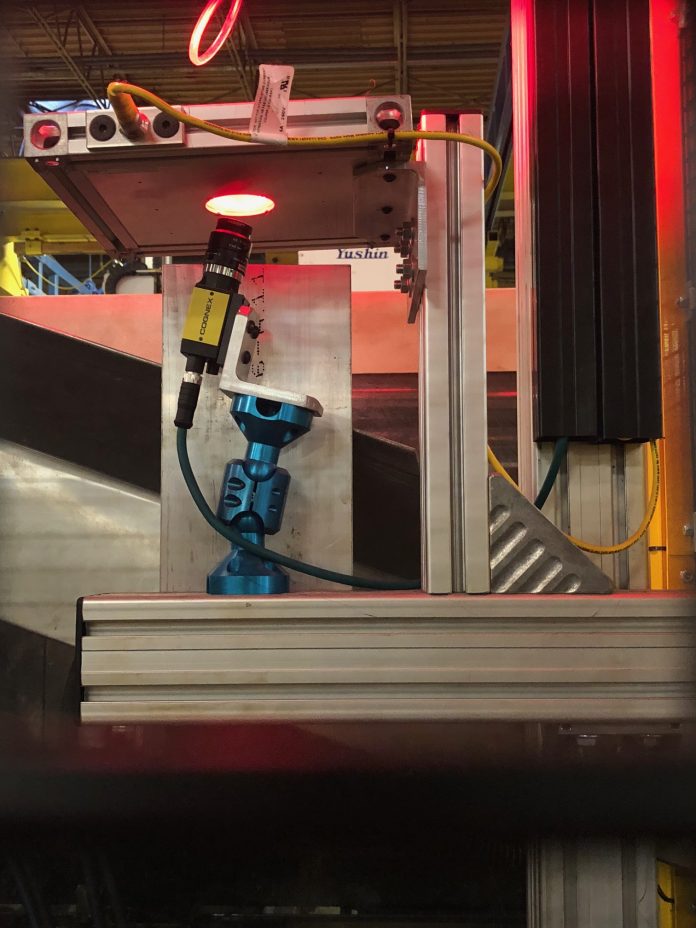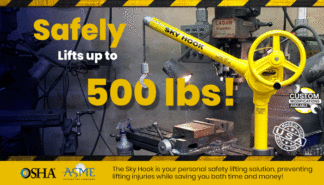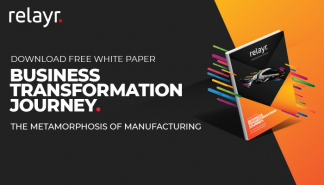For most businesses, automated quality assurance systems such as machine vision are rarely promoted as competitive advantages, much less as revenue centers. Instead, quality control activities often fall into the same category as risk mitigation, IT security, and maintenance — a necessary expense but not one to be celebrated. However, MVA Stratford Inc. (Stratford, Ontario, Canada), working with Cognex Preferred Systems Integrator (PSI) Radix (Tecumseh, ON, Canada), recently discovered that in today’s global supply chain marketplace, 100 percent quality production can not only reduce rework costs and improve the bottom line, but it can also increase top-line sales by helping you gain market share.
MVA Stratford is one of North America’s premier suppliers of plastic injection-molded parts for the automotive and related industries. If you have purchased a new car in the last decade, there is a good chance you have touched one of its products when placing coffee into a cup holder or securing your seat belt.
Last year, MVA Stratford contacted one of their trusted machine vision integrators for help solving short shots on plastic molded injection machines for automotive components. Short shots occur when liquid plastic is injected into a mold but fails to fill the mold for any number of reasons. As a result, the final part is ejected from the mold before it is fully formed. This poses a major problem for manufacturers who depend on low inventories and just-in-time component suppliers to keep overhead low and profitability high. Under some contracts, a customer can reject an entire shipment and impose financial penalties on the supplier (in addition to the lost revenue) based on a single short shot. As such contracts become more common, providing 100 percent quality assurance is becoming a competitive advantage.
Making Quality Profitable
In response to concerns about short shots from a leading automotive customer, MVA Stratford called in Sean Lett, vision and automation sales engineer for Radix, for help developing a mold inspection system to identify short shot parts before they ship to the customer.
“MVA Stratford is one of the few plastic injection-molded part suppliers to use robots to unload plastic injection-molded parts from their presses,” explains Lett. “This opens up several advantages for MVA Stratford.” According to Lett, most companies simply retract holding pins from molds and let parts drop onto conveyors. With this method, a manufacturer can use machine vision to inspect only one side of a part; if the short shot is on the bottom of the part, it is undetectable.
As part of the Radix-Cognex solution, a robot removes a part from the mold and presents both sides of the part to a Cognex In-Sight 7000 smart camera located on top of the mold press (see image 1). Robot unloading also keeps parts from getting stuck in molds. In some cases, a molded part may not fall out of a mold onto the conveyor even when the pins are fully retracted, resulting in unplanned downtime. The machine stops until a technician can come clear the mold or fluid polymer is injected into the open mold, causing considerable downtime and cleanup. When carefully positioned to see both the part from the robot and the mold, a machine vision camera can also verify that the mold is empty, eliminating a common point of failure, says Lett.

On the MVA Stratford press line, the Cognex In-Sight 7000 smart camera processes images using best-in-class PatMax® geometric pattern location algorithms and other image processing functions. It identifies the edges of a part and confirms that the part outline meets specifications. If the part passes, the In-Sight 7000 sends a “pass” signal to a nearby Yaskawa robot controller, telling the robot to place the part on the conveyor with other good parts. If the part fails, the robot puts the part on a conveyor with scrap parts, guaranteeing 100 percent quality to the end user. (See image 2.)
Training Is Key to Flexible Manufacturing
“One of the keys to success for MVA Stratford was taking ownership of these systems,” says Lett. “A part may run this week and not again for four months. And in every case, settings on the mold, press, robot, and vision system change. Trained MVA Stratford technicians can quickly train the In-Sight 7000 to accommodate a new part or switch to a stored program from a previous run. Our training helped make this possible for MVA Stratford.”
The plastic mold inspection solution has been so successful that one of MVA Stratford’s largest automotive clients pulled six other plastic injection-molded parts from competitors. The only caveat: that MVA Stratford commit to 100 percent inspection.
For more information, visit




